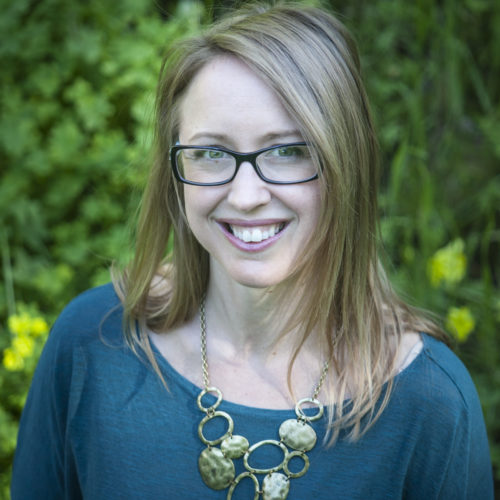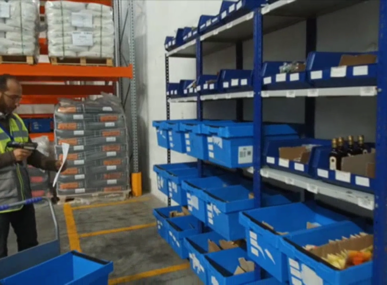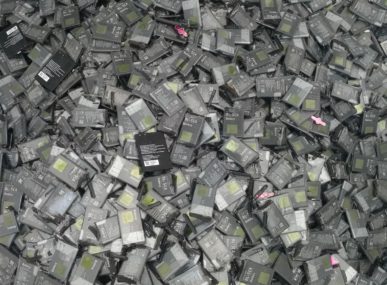Deep in a garage in a neighborhood in Jordan, Omar Abu Nowar sits in his workshop. It’s in this small space where he builds something new out of the old. His hands craft anything from furniture to chairs, to an intricately carved wooden pipe, all refurbished and upcycled from trash.
“Our goal is to help people know more about the importance of taking care of nature and connecting people with nature,” Abu Nowar says, “We try to involve the community even though recycling is not a big thing in Jordan.”
Abu Nowar didn’t start out with the goal of helping the environment by upcycling trash. He went to the German Jordanian University in Germany, where he studied Logistical Science, then immediately got a job at an express mail company called TNT Express in Jordan. He knew that the population in Jordan was on schedule to double in 10 years, putting even more strain on the country’s natural resources. So, he decided to leave his fledgling career in logistics to start his own tiny business with only the money in his pocket.
“PRAKTI was established on a small budget to show that money cannot hinder us to do good,” he says. “Through seeing what we do, we hope to inspire people to start living sustainably and create sustainable projects.”
The development of PRAKTI:
PRAKTI began with almost no budget, so Abu Nowar relied on social media to reach people in Amman. He’d post pictures of the items he made on Facebook and Instagram, and people started to reach out to him with ideas and items for him to upcycle.
He also wandered the streets, asking neighbors if they had anything they were throwing away.
“This is a new concept; not many people are familiar with recycling in Jordan, so they were asking questions about what I was doing. With time, they start to believe in it,” says Abu Nowar. “I also look for things on the side of the road. Sometimes, I find broken chairs. I take them and renovate them and then they are usable again.”
Each time Abu Nowar sells an item, he also plants a tree, hoping to give back to the environment. He’s already planted 30 pine trees, and recently, a bunch of oak saplings in the ground.
“My focus is not only to plant trees but to plant trees somewhere people [can] take care of them,” says Abu Nowar. “It doesn’t make sense to put a tree where someone won’t water it. Recently we planted trees at a camp for children. Next, we’ll plant oaks in the suburbs of Amman. Oak trees are the national tree of Jordan, and there aren’t very many of them anymore because they’re cutting down so many trees. Now, we have deforestation issues.”






